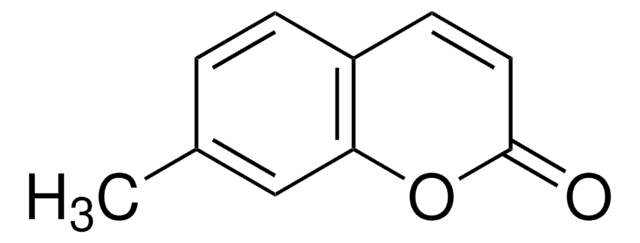221007
Manganese(II) acetate tetrahydrate
≥99%
Synonym(s):
Manganese Diacetate Tetrahydrate, Manganous acetate
About This Item
Recommended Products
Assay
≥99%
form
crystals
reaction suitability
core: manganese
mp
>300 °C (lit.)
density
1.589 g/mL at 25 °C (lit.)
SMILES string
[H]O[H].[H]O[H].[H]O[H].[H]O[H].CC(=O)O[Mn]OC(C)=O
InChI
1S/2C2H4O2.Mn.4H2O/c2*1-2(3)4;;;;;/h2*1H3,(H,3,4);;4*1H2/q;;+2;;;;/p-2
InChI key
CESXSDZNZGSWSP-UHFFFAOYSA-L
Looking for similar products? Visit Product Comparison Guide
General description
Application
- A starting material in the synthesis of manganese carboxylates, which are used to prepare manganese oxide thin films by chemical vapor deposition (CVD).
- A precursor in the synthesis of manganese-TiO2 composites by chemical vapor condensation (CVC).These composites are used in the oxidation of NO at low temperatures.
- A precursor in preparation of NCM (LiNi1/3Co1/3Mn1/3O2) powder applicable as cathode material in lithium-ion batteries.
- A starting material for the synthesis of LiMn2O4 (LMO) film on Au substrate by sol-gel method.
Signal Word
Warning
Hazard Statements
Precautionary Statements
Hazard Classifications
Aquatic Chronic 3 - STOT RE 2 Inhalation
Target Organs
Brain
Storage Class Code
11 - Combustible Solids
WGK
WGK 2
Flash Point(F)
Not applicable
Flash Point(C)
Not applicable
Personal Protective Equipment
Certificates of Analysis (COA)
Search for Certificates of Analysis (COA) by entering the products Lot/Batch Number. Lot and Batch Numbers can be found on a product’s label following the words ‘Lot’ or ‘Batch’.
Already Own This Product?
Find documentation for the products that you have recently purchased in the Document Library.
Customers Also Viewed
Our team of scientists has experience in all areas of research including Life Science, Material Science, Chemical Synthesis, Chromatography, Analytical and many others.
Contact Technical Service












